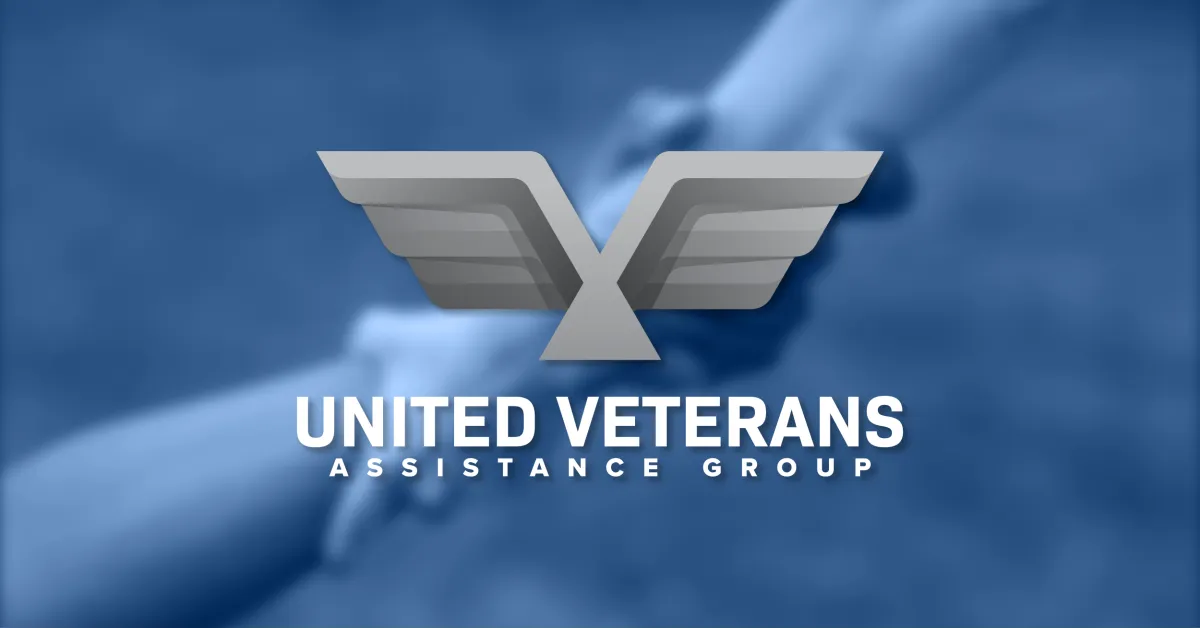When it comes to healthcare, military veterans have a unique set of needs and considerations. They've dedicated their lives to serving our country, often facing challenging situations and sacrifices along the way. In return, they are entitled to certain healthcare benefits, including Medicare, as they transition into their senior years. In this blog post, we'll explore the healthcare options available to military veterans, provide guidance on how to make the most of these valuable benefits, and delve deeper into the nuances of Medicare for veterans.
Understanding the Medicare Basics
Medicare is a federal health insurance program primarily designed for individuals aged 65 and older. However, it's also available to certain younger individuals with disabilities and those with end-stage renal disease. For military veterans, there are specific aspects of Medicare that may apply:
Medicare Part A: This covers hospital stays, skilled nursing facility care, hospice care, and some home health care services. Most veterans are automatically enrolled in Part A when they turn 65, thanks to their work history, even if they continue to receive care through the Department of Veterans Affairs (VA).
Medicare Part B: This covers doctor's visits, outpatient services, and preventive care. While Part B is optional, veterans who have access to VA healthcare often choose to enroll in Part B to expand their healthcare options and access services outside of the VA system.
VA Healthcare vs. Medicare
Veterans often have access to healthcare services through the Department of Veterans Affairs (VA). The VA is known for providing comprehensive care tailored to the unique needs of veterans. However, there are certain situations where veterans may consider enrolling in Medicare or using it in conjunction with VA healthcare:
Choice of Providers: Medicare offers a wider choice of healthcare providers and facilities, which can be especially important if a veteran lives in a rural area with limited VA facilities.
Travel: Veterans who frequently travel may find that Medicare provides more flexibility in accessing healthcare services across the country.
Specialized Care: In some cases, veterans may require specialized care that is not available through the VA. Medicare can help cover these services, ensuring veterans receive the best possible care.
Choosing the Right Medicare Plan
When considering Medicare, veterans should carefully evaluate their healthcare needs and budget. There are various Medicare plans available, including Original Medicare (Parts A and B) and Medicare Advantage (Part C). Additionally, veterans may want to explore Medicare Supplement Insurance (Medigap) plans to fill in coverage gaps.
It's crucial for veterans to consult with experts who understand both the VA and Medicare systems. Organizations like United Veteran Assistance Group can provide personalized guidance to ensure veterans make informed decisions about their healthcare coverage.
Veteran-Specific Considerations
In addition to understanding Medicare, veterans should be aware of certain veteran-specific healthcare programs and benefits. For example:
TRICARE for Life (TFL): This program provides Medicare-eligible military retirees and their family members with comprehensive healthcare coverage. It coordinates with Medicare, filling in many coverage gaps.
VA Prescription Drug Coverage: The VA offers prescription drug coverage, but some veterans may choose to enroll in Medicare Part D for additional prescription drug benefits.
Medicare Savings Programs: Low-income veterans may qualify for Medicare Savings Programs, which help cover Medicare premiums, deductibles, and co-payments.
Conclusion
Military veterans have dedicated their lives to protecting our nation, and they deserve the best healthcare options available as they enter their senior years. Understanding the nuances of Medicare and how it complements VA healthcare is essential for veterans to receive the care they deserve.
If you're a veteran approaching Medicare eligibility, it's essential to explore your options and make choices that align with your unique healthcare needs. By staying informed and seeking expert guidance, veterans can ensure they receive the comprehensive healthcare coverage they've earned through their dedicated service to our country. United Veteran Assistance Group is here to help veterans navigate this important journey, one that honors their service with the care and support they deserve.








